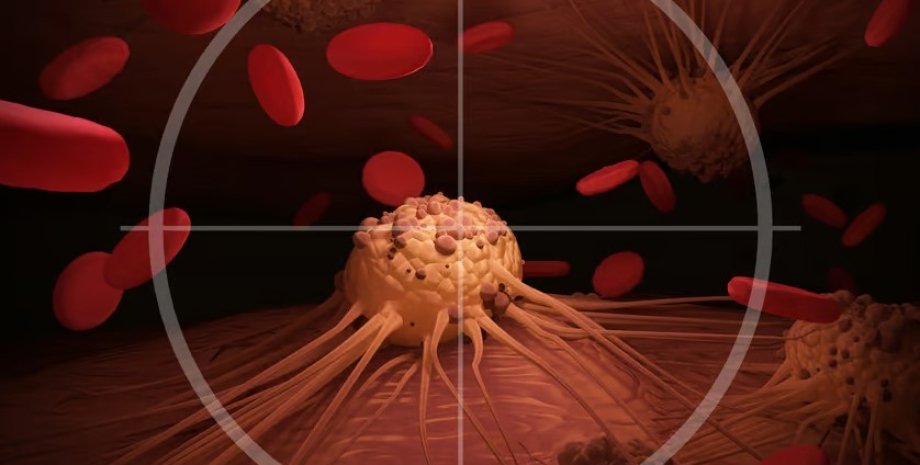
 By Victor Duda
By Victor Duda
This is an important discovery because it can path to effective treatments that significantly increase survival in this disease, writes Mount Sinai. In focus, technology appeared its Telegram channel. Subscribe to not miss the most info and interesting news from the world of science! In a study, published on October 30, Cell magazine used advanced methods of spatial genome and animal models, and to confirm the results obtained, scientists studied samples of tumors of patients with ovarian cancer.
It showed that cancer cells produce interleukin-4 (IL-4)-a molecule that is usually associated with asthma and eczema, which forms a protective layer around the tumor, holding the immune cells at a distance and making the tumor more resistant to immunotherapy. The study suggests that drugs approved by the US Food and Drug Control Department (FDA), which block IL-4, can be used to weaken tumor protection and increase their susceptibility to immunotherapy.
Due to the fact that ovarian cancer has one of the highest mortality rates, which takes 50% of patients in five years, this approach can offer a new reliable struggle strategy. Immunotherapy has already shown promising results in cancer such as melanoma and lung cancer, due to the impact on PD-1-skin, but with ovarian cancer low mutations in the tumor and IL-4-mediated barriers limit its efficiency. Under the guidance of Dr.
Alesia Bakkarini, the research group used a new Perturb-Maap genomics method based on gene editing using CRISPR with the possibility of spatial visualization. This method allowed them to observe the consequences of hundreds of gene changes, accurately defining IL-4 as a key factor that allows tumors to evade immune attacks.
When the IL-4 gene from tumor cancer cells became vulnerable to the treatment of anti-PD-1-1, allowing the immune cells to penetrate into malignant cells and efficiently destroy them. Even in a heterogeneous tumor environment containing IL-4-producing and IL-4-deficiency cells, the immune system effectively destroyed these cells, demonstrating the potential way to overcome the stability of this cancer.
Further experiments showed that interleukin-4 works, by programming macrophages, the type of immune cells, to act as defenders of cancer cells. When its activity was blocked, macrophages lost this protective effect, allowing T cells to attack the tumor. These conclusions were confirmed by the analysis of samples of tumors of patients with ovarian cancer, where traces of IL-4 were found in macrophages, which indicates the similar protective role of the tumor in humans.
In the light of these results, scientists emphasized the potential not only on cancer cells, but also on the micro -tumor of the tumor. To confirm that IL-4 blocking can be significant in patients with ovarian cancer, clinical trials should be performed that can be accelerated as some of the necessary drugs have already been approved by FDA. Dr.
Bakkarini expressed optimism, saying: "Ovarian cancer is a disease that is so difficult to detect at an early stage, and if the diagnosis is made, it is often too late . . . These results can change the lives of millions of patients for the better. " The Mount-Sinai specialist team has already begun to study the action of Dupilumab in combination with anti-PD-1 therapy in patients with lung cancer, showing promising preliminary results.
If this approach is successful, it can be a new promising area in the treatment of ovarian cancer, which gives hope for improving the results of patient treatment. Earlier, focus wrote about a symptom of cancer, which people often do not take into account. In most cases, the symptoms of cancer are easy to detect, but not all of them pay attention. Focus also wrote about a rare type of cancer that made a man talk to Irish accent. This sharp change stuck with him for life.










All rights reserved IN-Ukraine.info - 2022